Tag: 2-1-1
-
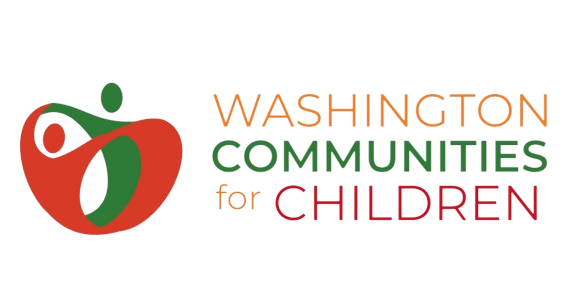
Washington Communities for Children: developing the resource directory information supply chain
Washington Communities for Children (WCFC) is a network of early childhood coalitions – groups of local parents, child care providers, non-profits, public agencies, school districts, etc. – dedicated to improving the wellbeing of children, families, and communities acrossWashington state. In 2022, the Washington State Department of Health enlisted WCFC in its Early Childhood Comprehensive Systems…
-
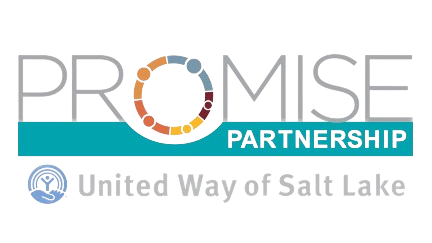
Laying the foundation for a community information exchange in Utah
In 2021, Utah’s incoming governor Spencer Cox outlined a plan – the One Utah Roadmap – to address key priorities for the state in his first 500 days, ranging from coordinated COVID response to addressing the social determinants of health. In support of these priorities, the Governor’s office formed a working group focused on the…
-
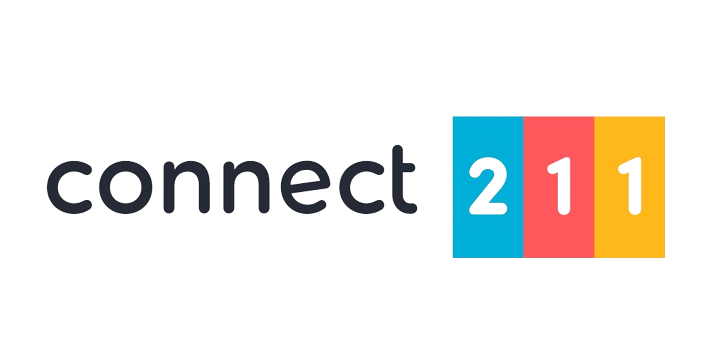
Resource Directory Search Engine To Go – with Connect 211
This post brought to you by Skyler Young of Connect 211. Welcome, Skyler! This is the story of how a 211 call center teamed up with a local software team to create a modern search engine for community resources, and … Continue reading →
-
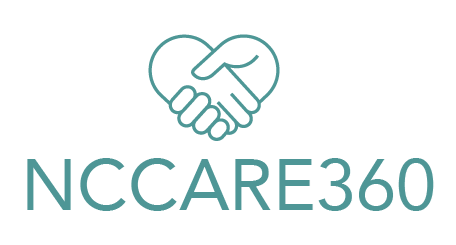
Introducing NCCARE360: a coordinated statewide resource referral platform
[This post is from Laura Marx, President and CEO of United Way of North Carolina. Welcome, Laura!] In 2019, the first statewide health and human service care coordination platform launched in North Carolina: NCCARE360. Part of a broader healthy opportunities network envisioned by the state Department of Health and Human Services (NC DHHS) — NCCARE360…
-
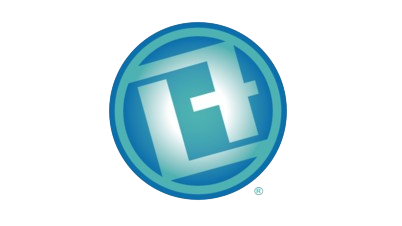
Link2Feed leveraging Open Referral to provide resource directory information to food pantries
This post is by Emily Branton, President of Link2Feed. Welcome, Emily! Link2Feed believes that food pantries don’t just play a key role in mitigating hunger – they also a catalyst for change for broader poverty issues. Our client-intake software and reporting tool is used by food banks and other non-profits across North America to…
-
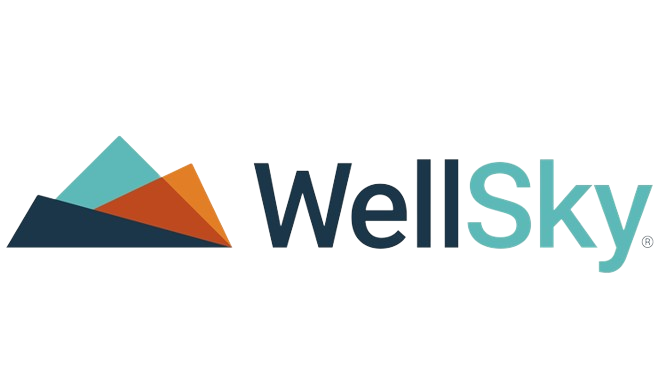
WellSky strengthens human service sector interoperability by supporting Open Referral
[Gabe Cate is VP of Business Development at WellSky. This is reposted from WellSky’s blog. Welcome, Gabe!] At WellSky, we envision a future of truly interoperable health and community care. We envision a future where care providers can seamlessly ensure safer, more efficient care transitions for people across care settings — no matter when, where,…
-
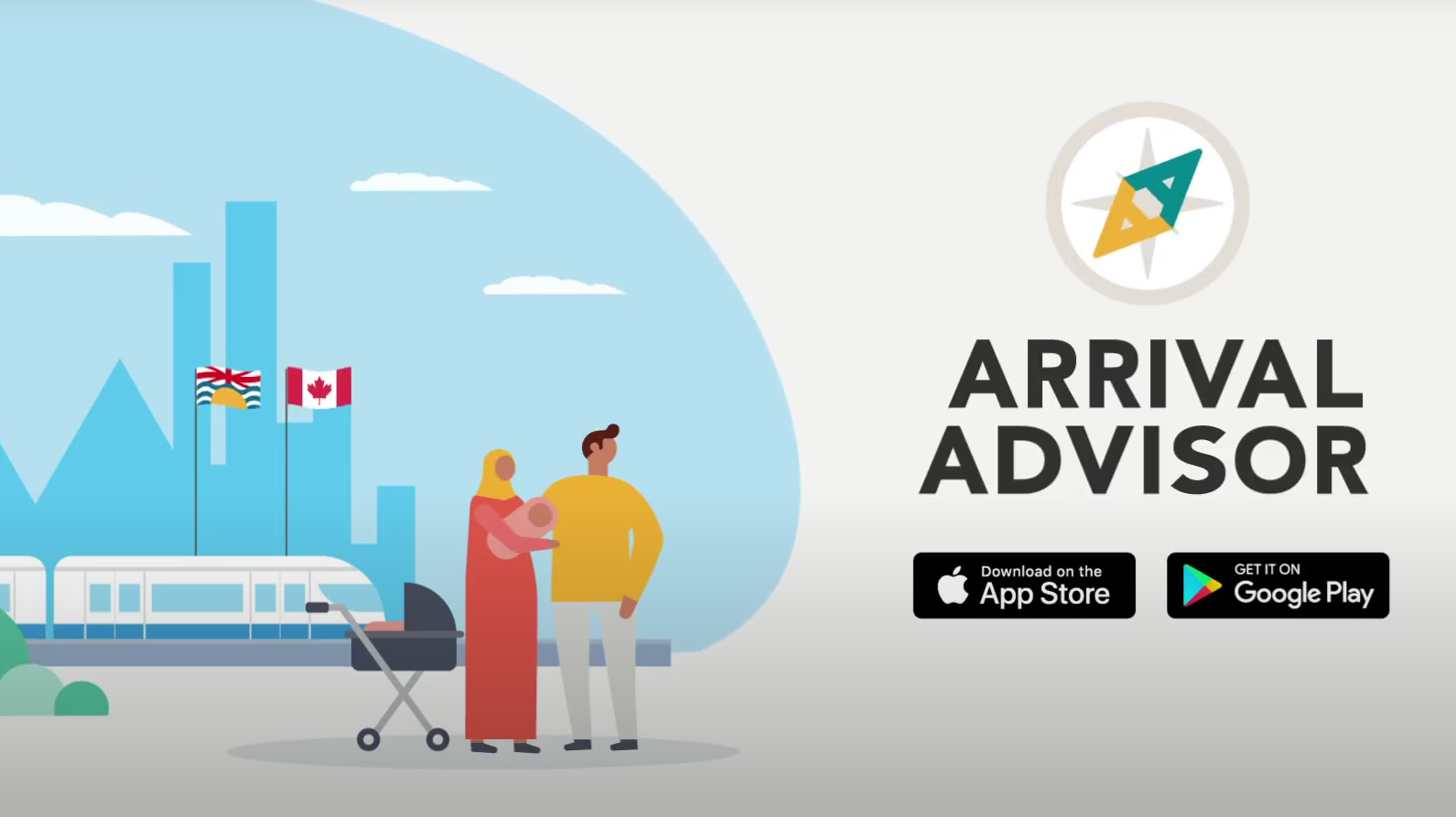
Introducing Arrival Advisor, from PeaceGeeks
[This post is from Grady Mitchell for PeaceGeeks. Welcome, Grady!] PeaceGeeks is a nonprofit organization based in Vancouver that builds digital tools to empower communities in the pursuit of peace. Our newest project, Arrival Advisor, is dedicated to making it easier for newcomers to Canada to find and access the services they need to build…
-
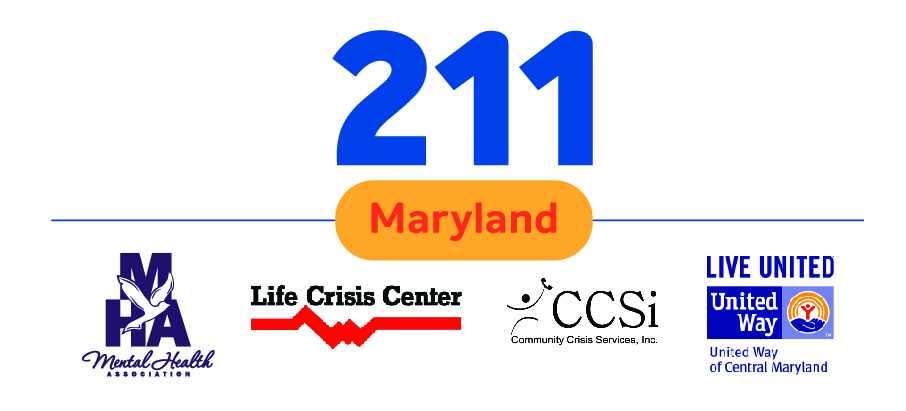
Maryland Open211: Learning a New Language
There is a great scene in the 1984 version of Footloose where the high school “punk” Wren (played by Kevin Bacon) seeks permission from the town council to hold a dance. The local Pastor (played by John Lithgow) reminds Wren, the local citizens, and the town council that a dance is fraught with evil and…
